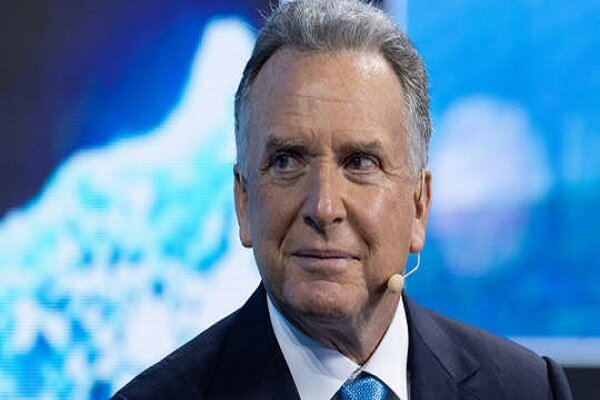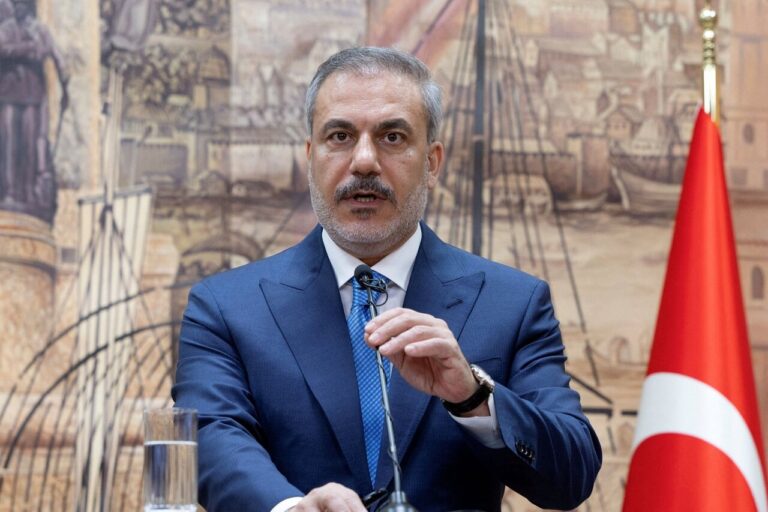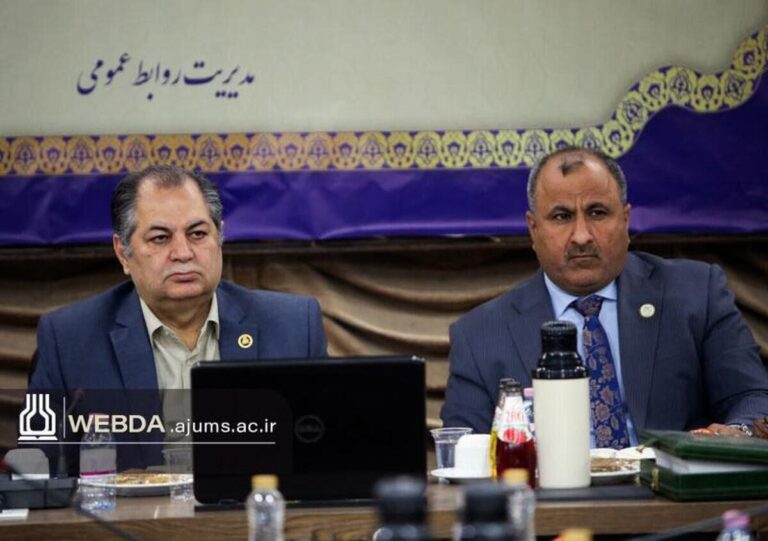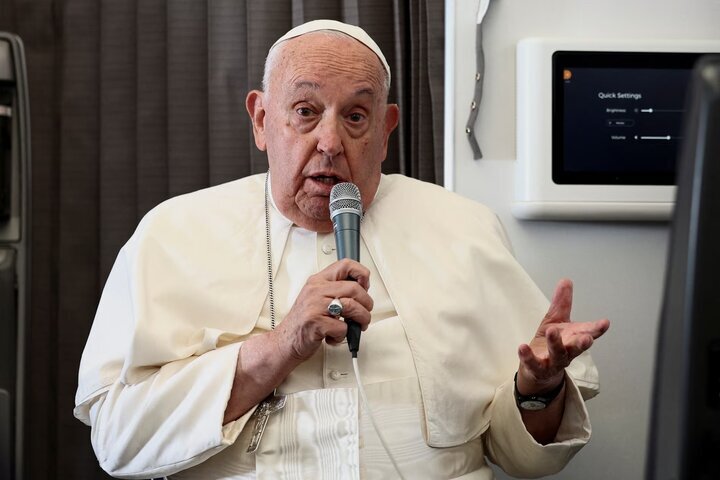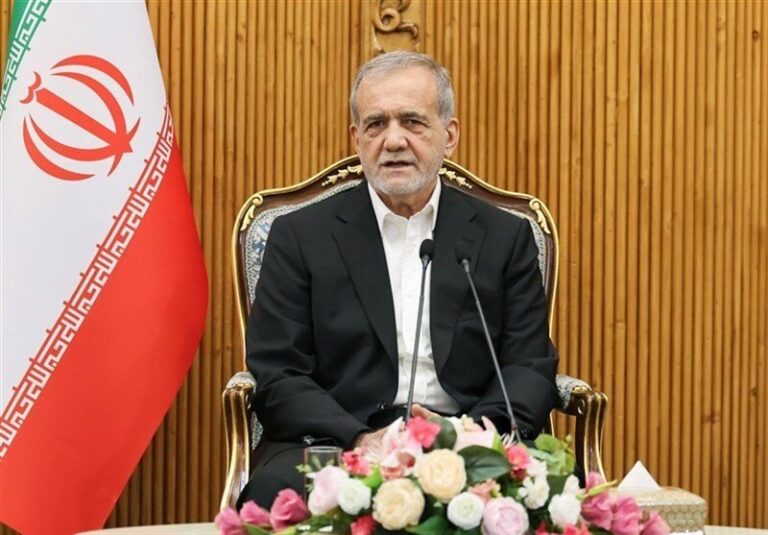US Eases Stance on Iranian Uranium Enrichment: Key Developments Uncovered
The ongoing discussions regarding Iran’s nuclear program have taken a pivotal turn, as US special envoy Steve Witkoff reveals a potential shift in the Trump administration’s stance. This change could allow Iran to enrich uranium at low levels, provided it is subject to stringent verification measures. This news comes as the US prepares to resume talks with Iran, indicating a notable deviation from previous demands for the complete dismantling of Tehran’s nuclear capabilities.
According to a report by the Wall Street Journal, the proposed position aims to facilitate a compromise that would permit Iran to maintain a minimal nuclear program. This shift, however, may create tensions between the US and its ally Israel, which has been vocal about its opposition to any form of nuclear enrichment by Iran.
In a recent interview with FOX News, Witkoff emphasized a more flexible approach, stating, “Iran does not need to enrich uranium past 3.67% to run a civilian program.” This statement marks a significant departure from the administration’s previous hardline stance, which insisted on the complete dismantling of Iran’s nuclear infrastructure.
Key Points from Witkoff’s Statements
- Low-Level Enrichment Possible: The Trump administration may allow Iran to enrich uranium at low levels.
- Stringent Verification Required: Any agreement would necessitate rigorous verification processes.
- Shift from Original Demands: The focus has moved from dismantling Iran’s nuclear program to limiting its enrichment levels.
- Impact on US-Israel Relations: This potential agreement could create friction with Israel, which opposes any nuclear capabilities for Iran.
- Civilian Program Justification: Witkoff stated that a 3.67% enrichment level is sufficient for civilian nuclear energy needs.
The resumption of talks, set to begin Saturday following an initial meeting last weekend, underscores the urgency of the situation. Both parties are expected to discuss the framework for Iran’s nuclear capabilities and the necessary measures to ensure compliance with international standards.
The international community has largely watched these developments with keen interest, as a nuclear-armed Iran poses significant geopolitical risks. The potential for a deal that allows for limited enrichment could alter the dynamics of power in the Middle East.
Implications of the Proposed Agreement
Should the US adopt this new position during the upcoming negotiations, the implications could be far-reaching:
- Regional Stability: A compromise on Iran’s nuclear program could lead to greater stability in the region, reducing tensions between Iran and its neighbors.
- International Relations: This shift might influence the US’s relationships with other nations involved in the negotiations, especially those concerned about nuclear proliferation.
- Verification Mechanisms: Establishing robust verification protocols will be crucial to ensure Iran’s compliance and mitigate fears of nuclear weapon development.
- Domestic Reactions: The proposed agreement may face backlash from various political factions within the US, particularly from those advocating for a tougher stance against Iran.
In conclusion, Witkoff’s remarks signal a potentially transformative moment in US-Iran relations, as the Trump administration appears prepared to entertain a more lenient approach to Iran’s nuclear enrichment. The outcome of the upcoming negotiations will be critical not only for US foreign policy but also for the broader geopolitical landscape in the Middle East.
As the talks progress, observers will be closely monitoring the developments, weighing the pros and cons of allowing Iran a limited nuclear program against the backdrop of ensuring global security and stability in the region.
